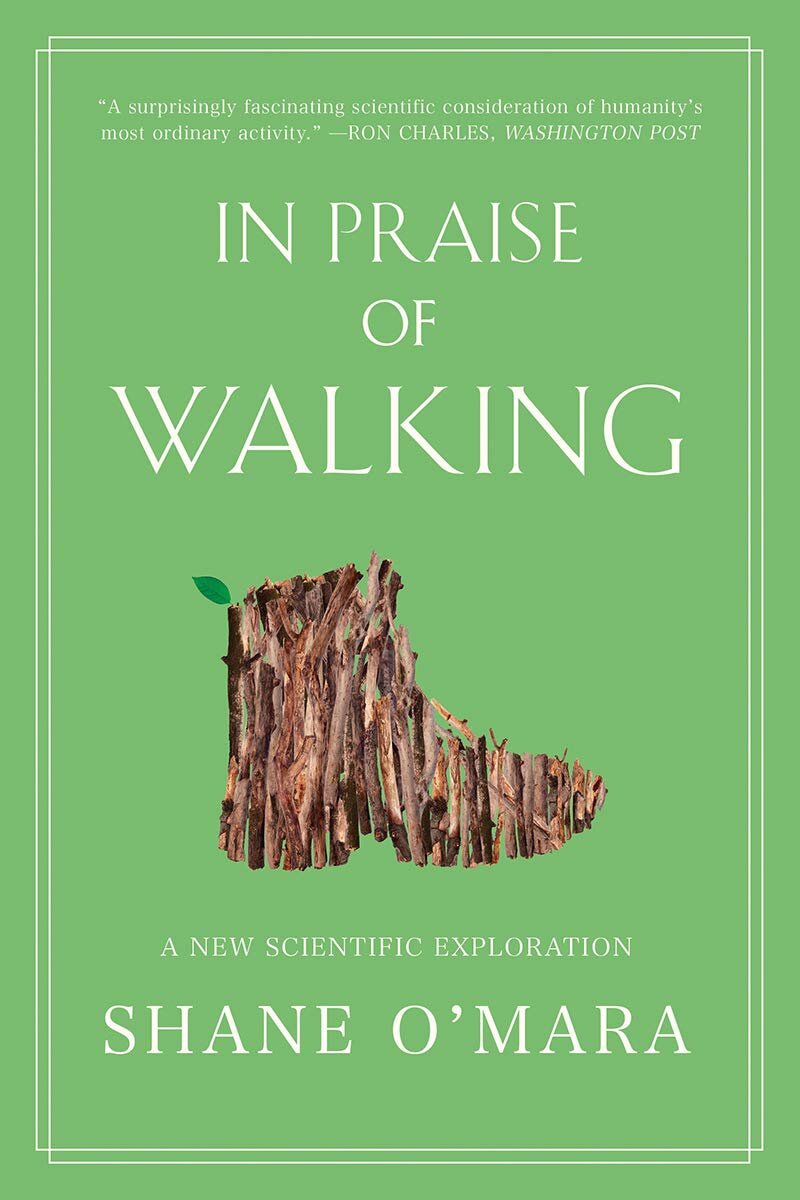A Recommended Summer Read from a Self-Identified Bookworm
Dear Readers,
If you are on the hunt for an entertaining page-turner to enjoy this summer at the cottage, by the pool, in your backyard or on your porch may I suggest the novel, Wish You Were Here by Jodi Picoult.
I might be speaking to the converted. Professor Google informs me that this well-known author’s works are translated into thirty-four languages in thirty-five countries, and she has authored twenty-eight novels three of which are, Change of Heart, Nineteen Minutes and Harvesting the Heart. In addition, five of her novels have become movies: The Pact (2002), Plain Truth (2004) The Tenth Circle (2008), My Sister’s Keeper (2009) and Salem Falls (2012). Even before her latest book had been released, Netflix announced it had acquired the rights to Wish You Were Here, anticipating turning it into a feature film.
I have found each of Jodi Picoult’s novels to be an excellent read. She skillfully tackles current and thought-provoking issues through her thorough research. This captivating author’s riveting writing style is peppered with interesting twists and unexpected turns, which hold the reader’s rapt attention.
If you doubt my recommendation, here is Jodi Picoult in her own words introducing you to her latest book, Wish You Were Here
Happy Reading,
Sister Nancy Wales, csj Avowed Bookworm







